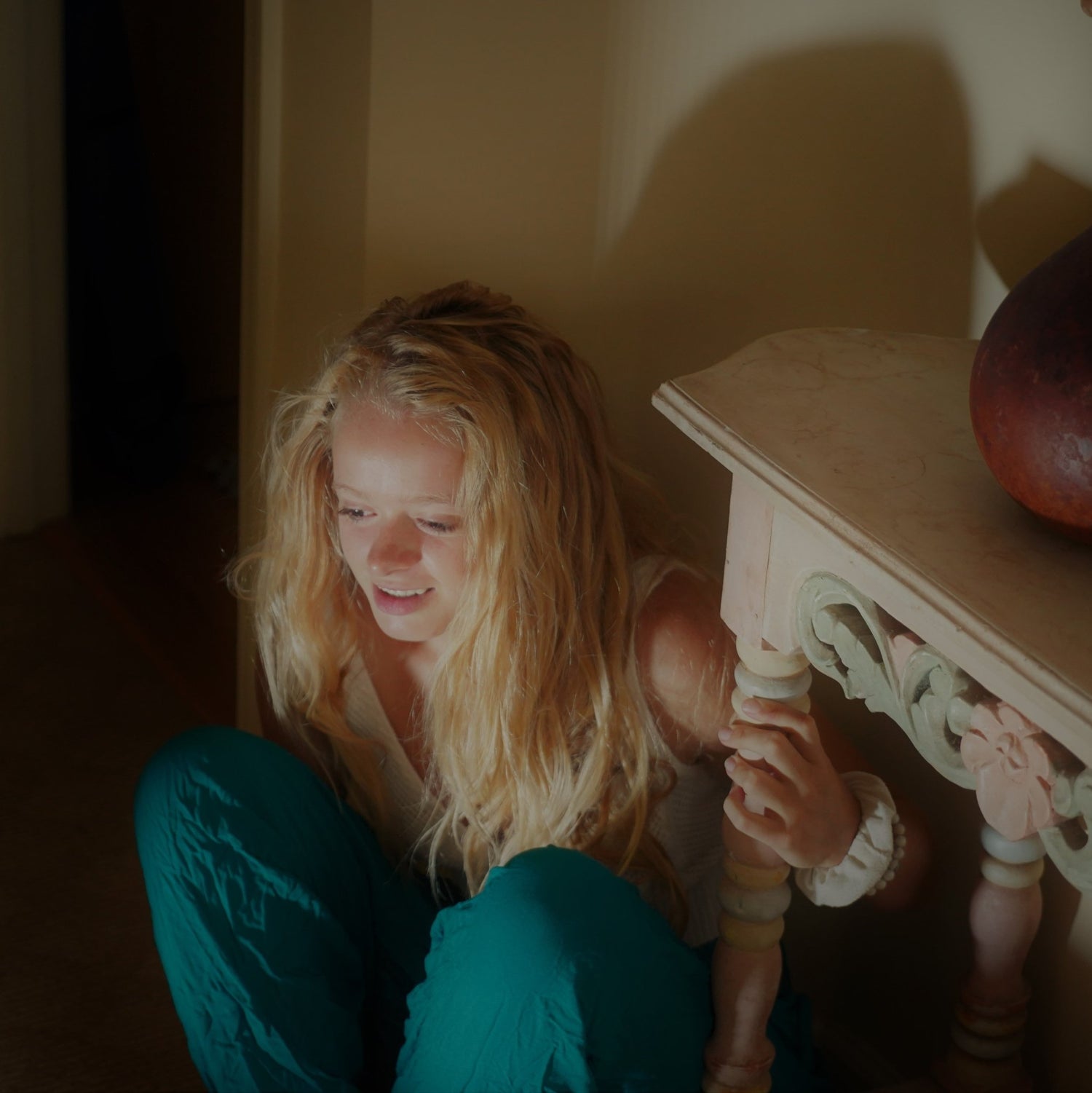Playing as children is as important as food, water, and sunlight! It is the greatest of life’s teachers. No wonder play is considered instinctual in animal species planet wide. Of course your five year old won’t appreciate that the game of Duck Duck Goose you are playing has value well beyond just being a ton of fun! That's our little secret as parents- kinda like when you find a good way to get your kids to eat kale and they actually ask for seconds!
So, here are 4 classic blasts from the past that have endured the test time, and are still deemed game staples to share with generations to come.
This classic board game will teach kids patience, budgeting, basic math skills, and the importance of a good rebound. There is the handful of folks that point out it can teach a kid to be greedy, but I don’t necessarily see it that way. Greed has its lessons too, so even a kid with mogul tendencies will get the short straw now and then and learn the consequences of status burnout and also the power behind playing the long-game. Many a Monopoly player has learned on the board how they will handle losing at something, off the board. And don’t forget the chance cards which are representative of life’s surprises- for better or for worse. Adaptation is key!
As a master hider back in the day, I had to include this one. This game teaches patience, self control, and on a very basic level, spatial awareness and perspective- I can see them but they can’t see me! Finding new and improved hiding spots requires creativity and outside the box thinking as does seeking. As a seeker, you have to use almost all of your senses to find other players.
Chess
Talk about the long game! This one teaches little ones how communities function together when there are parameters and rules to follow. Strategy, consequences, and vision are all beneficial assets that are fine tuned the more you play the game of chess. Endurance and mental fortitude are required as fatal mistakes are often made when one or both players begin to fatigue. The history of Chess informs the personalities of the games tokens which is interesting to consider as players employ different tactics. And finally chess gives kids ample opportunities to experience long term and short term effects of their choices on the board that may help prepare them to process things and plan in real life scenarios.
Fine tuning their ability to pay attention to instruction, as well as giving kids a turn in a leadership position are equally important benefits of this classic school yard jaunt. Just as is in Simon Says, if one gets ahead of themselves in life and starts to make moves based on expectations and not instruction, there tends to be consequences. Plus this game is plus when it comes to stacking coordination challenges. A lot of counter-intuitive dexterity comes into play.































Leave a comment
This site is protected by hCaptcha and the hCaptcha Privacy Policy and Terms of Service apply.